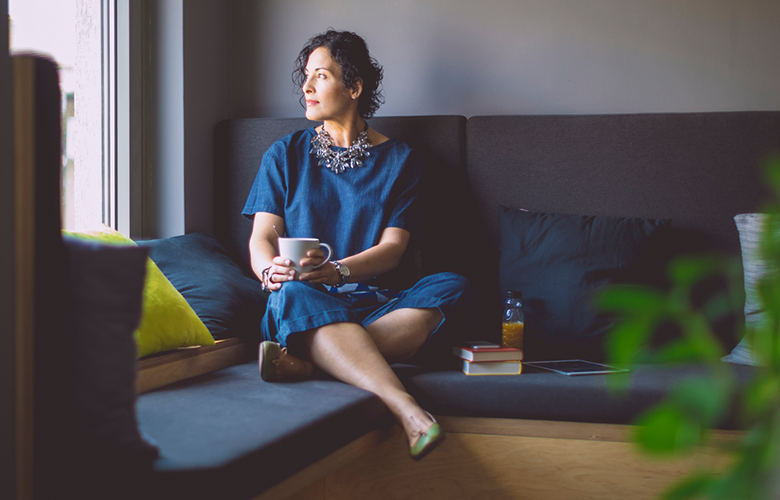
Have you ever heard someone say, “I’d rather just know, even if it’s bad news”? Uncertainty is tough. We like knowing. We like routines and predictable lives—it makes us feel calmer, in control of our lives.
The recent coronavirus (COVID-19) pandemic has led us to feel uncertainty in many areas—school, work, social interactions, and community gatherings. Where do I take the kids now that school is closed? Should I go to work, on that trip, or out in public at all? What if someone sneezes around me? Newness is also tough on our brains, and everything about COVID-19 is new.
However, we can take actions to manage our emotions and protect our mental well-being during this time.
- Keep as much routine as possible – Routine helps our brains and bodies focus on what is in their control. Wake up at the same time, fix your coffee or tea, eat breakfast, take a shower as you would normally do.
- Limit social media time and watching the news – We see warnings or recommendations such as “stock up in case you have to self-quarantine” and then competing messages, including “stop hoarding toilet paper.” Conflicting and contradictory information is hard to process. Even if the information is consistent, reading it repeatedly is unhealthy.
- Train your brain for calm. Use relaxation and mindfulness strategies. Use apps or YouTube videos to practice mindfulness strategies.
- Stay socially connected. Social distancing shouldn’t mean social isolation. In fact, isolation is harmful. Phone friends or do video chats. Talk about topics other than COVID-19. Tell someone how good it is to see them. Hold virtual meetings. Maintaining a sense of cohesion with classmates, family, friends, or colleagues is valuable.
- Express gratitude. Gratitude has a significant impact on our physical and emotional health. Take time each day to write down at least three things or people you are grateful for. Then, tell some of those people that you are grateful for them.
- Check and change unhelpful or stressful thoughts. Ask yourself, “Do I really know this? Is this helpful for me to focus on?” If not, try replacing the thought: “I may not know exactly how this will work out, but I know that I have a home, food, and my family. I am doing just fine in this moment.”
Together, we can support each other, stay connected, and help ourselves maintain a sense of self-competence and calm throughout this public health crisis. By managing your stress, you actually boost your immune system. Your body and your mind will thank you.
| Jennifer Myers is a licensed professional counselor who specializes in trauma-informed approaches and suicide prevention at EDC. | |
| Heidi Kar is a licensed clinical psychologist and an international mental health expert at EDC. |


Comments
Add new comment